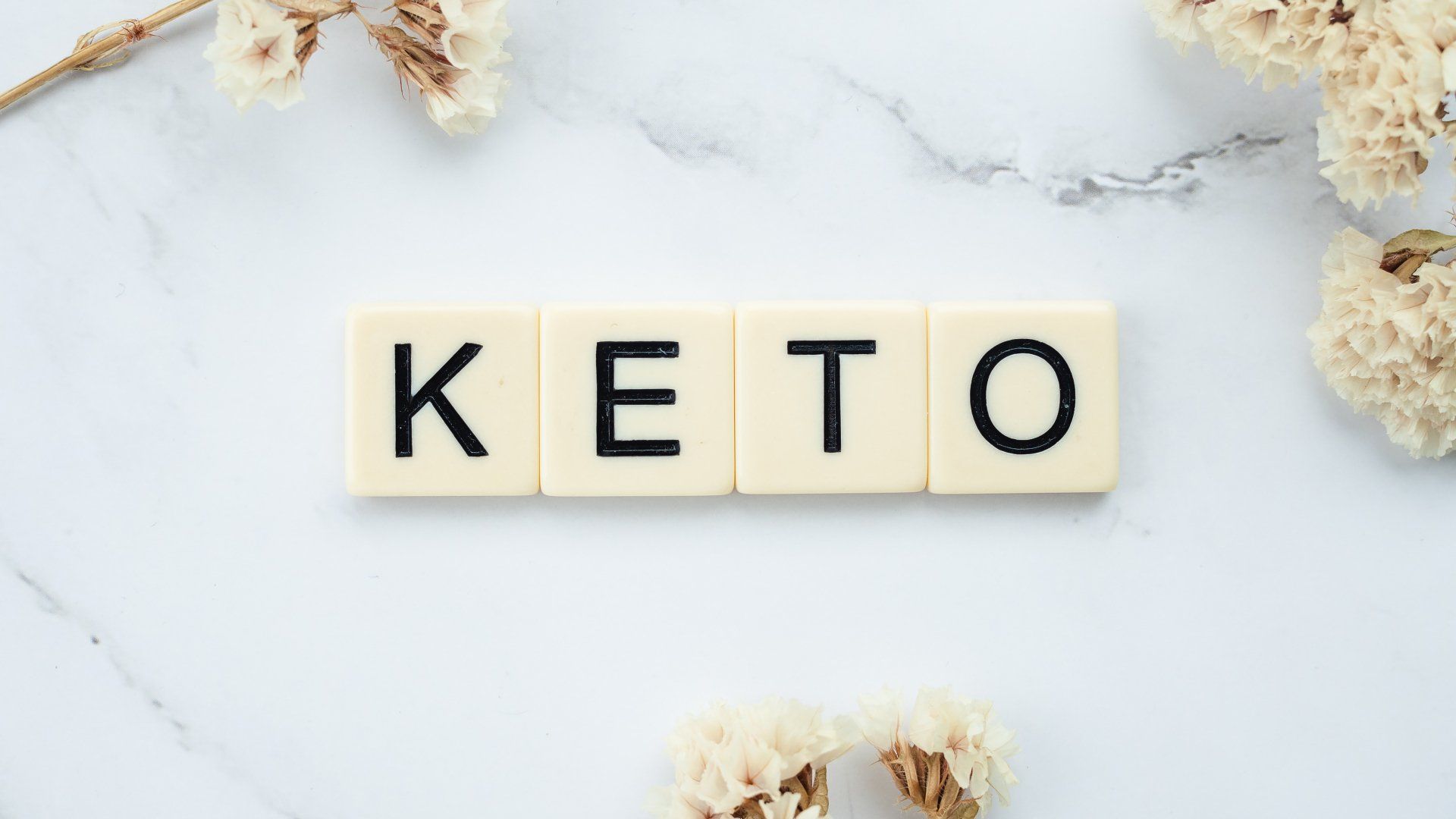What is this KETO diet
Lets take a look at the Ketogenic diet

What is this “Keto” diet all about?
Ketogenic” is a term for a low-carb diet (like the Atkins diet). The idea is for you to get more calories from protein and fat and less from carbohydrates. You cut back most on the carbs that are easy to digest, like sugar, soda, pastries, and white bread.
2. When you eat less than 50 grams of carbs a day, your body eventually runs out of fuel (blood sugar which gets stored as Glycogen). This typically takes 3 to 4 days. Then your body will look to metabolize fat for energy, reducing your body fat. When your body starts using adipose(fat) for fuel by breaking fat down into ketones, this is called Ketosis.
3. People use a ketogenic diet most often to lose weight, but it can help manage certain medical conditions, like epilepsy, too. It also may help people with heart disease, certain brain diseases, and even acne, but there needs to be more research in those areas. Talk with your doctor first to find out if it’s safe for you to try a ketogenic diet, especially if you have type 1 diabetes.
4. A ketogenic diet may help you lose more weight in the first 3 to 6 months than some other diets. This may be because it takes more calories to change fat into energy than it does to change carbs into energy. It’s also possible that a high-fat, high-protein diet satisfies you more, so you eat less, but that hasn’t been proven yet.
5. Ketogenic diets make you burn through carbohydrate stores (stored as glycogen). Now when you stay consistent with this type of diet, your body will use glycogen as fuel and in this process you will release water as well because each gram of glycogen hold onto 3 to 5 g of water in storage, so when you use the glycogen as the fuel the water that is held on to is also released.
Typically when we do a low carb diet, we tend to consume less processed sugars Those lower levels may help protect you against some kinds of cancer or even slow the growth of cancer cells. More research is needed on this, though.
6. It seems strange that a diet that calls for more fat can raise “good” cholesterol and lower “bad” cholesterol, but ketogenic diets are linked to just that. It may be because the lower levels of insulin that result from these diets can stop your body from making more cholesterol. That means you’re less likely to have high blood pressure, hardened arteries, heart failure, and other heart conditions. It's unclear, however; how long these effects last.
7. Carbohydrates have been linked to this skin condition, so cutting down on them may help. And the drop in insulin that a ketogenic diet can trigger may also help stop acne breakouts. (Insulin can cause your body to make other hormones that bring on outbreaks.) Still, more research is needed to determine exactly how much effect, if any, the diet actually has on acne.
8. Low-carb diets seem to help keep your blood sugar lower and more predictable than other diets. But when your body burns fat for energy, it makes compounds called ketones. If you have diabetes, particularly type 1, too many ketones in your blood can make you sick. So it’s very important to work with your doctor on any changes in your diet.
9. A ketogenic diet may help endurance athletes -- runners and cyclists, for example -- when they train. Over time, it helps your muscle-to-fat ratio and raises the amount of oxygen your body is able to use when it’s working hard. But while it might help in training, it may not work as well as other diets for peak performance.
10. When your body burns its stores of fat, it can be hard on your kidneys. And starting a ketogenic diet -- or going back to a normal diet afterward -- can be tricky if you’re obese because of other health issues you’re likely to have, like diabetes, a heart condition, or high blood pressure. If you have any of these conditions, make diet changes slowly and only with the guidance of your doctor.




